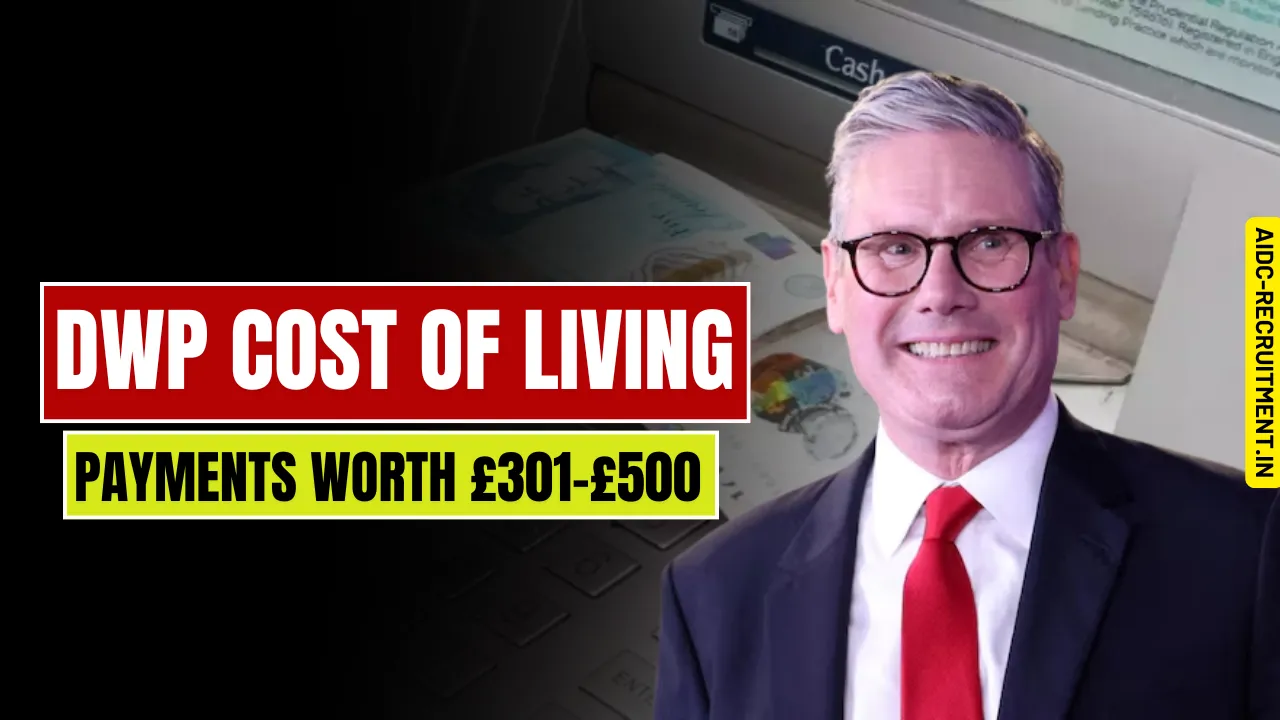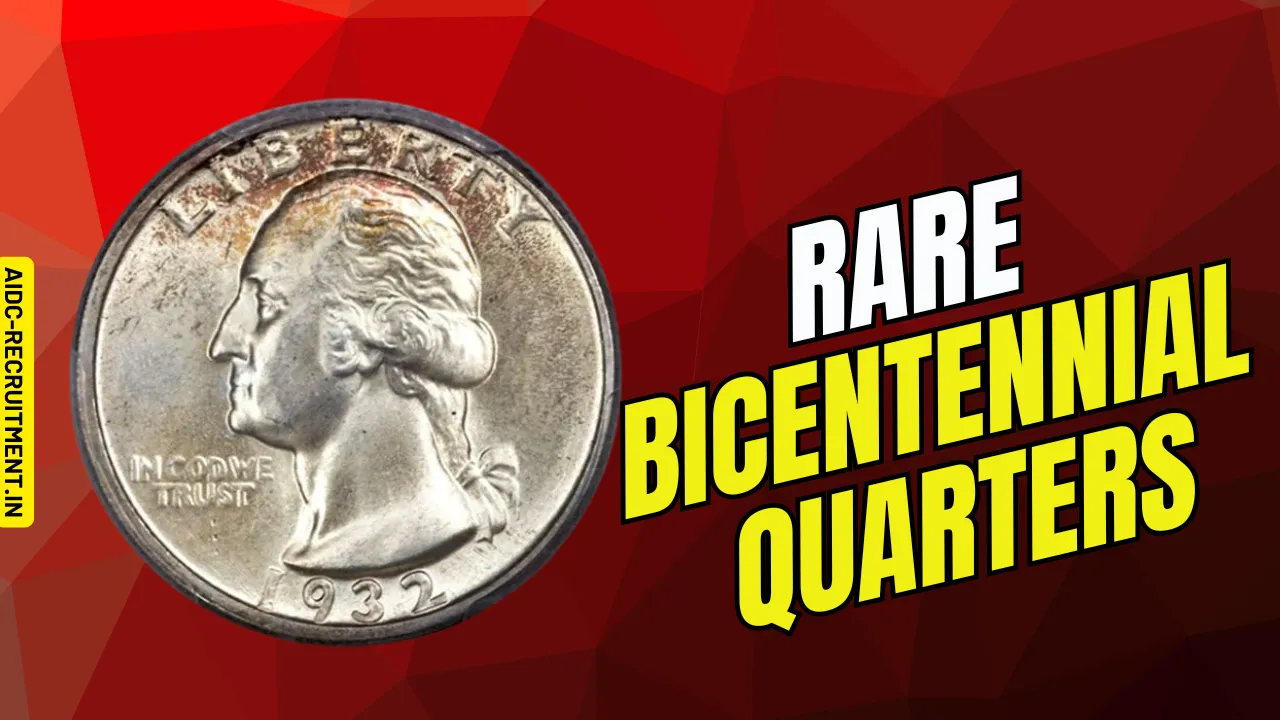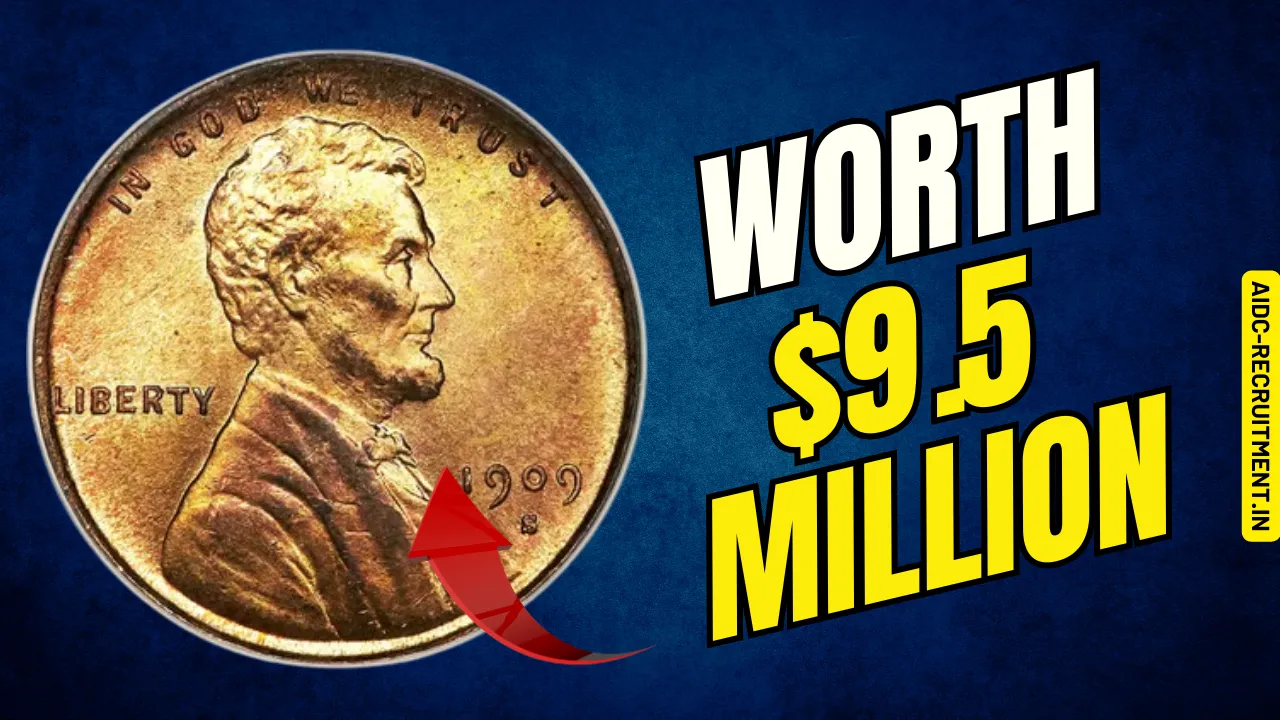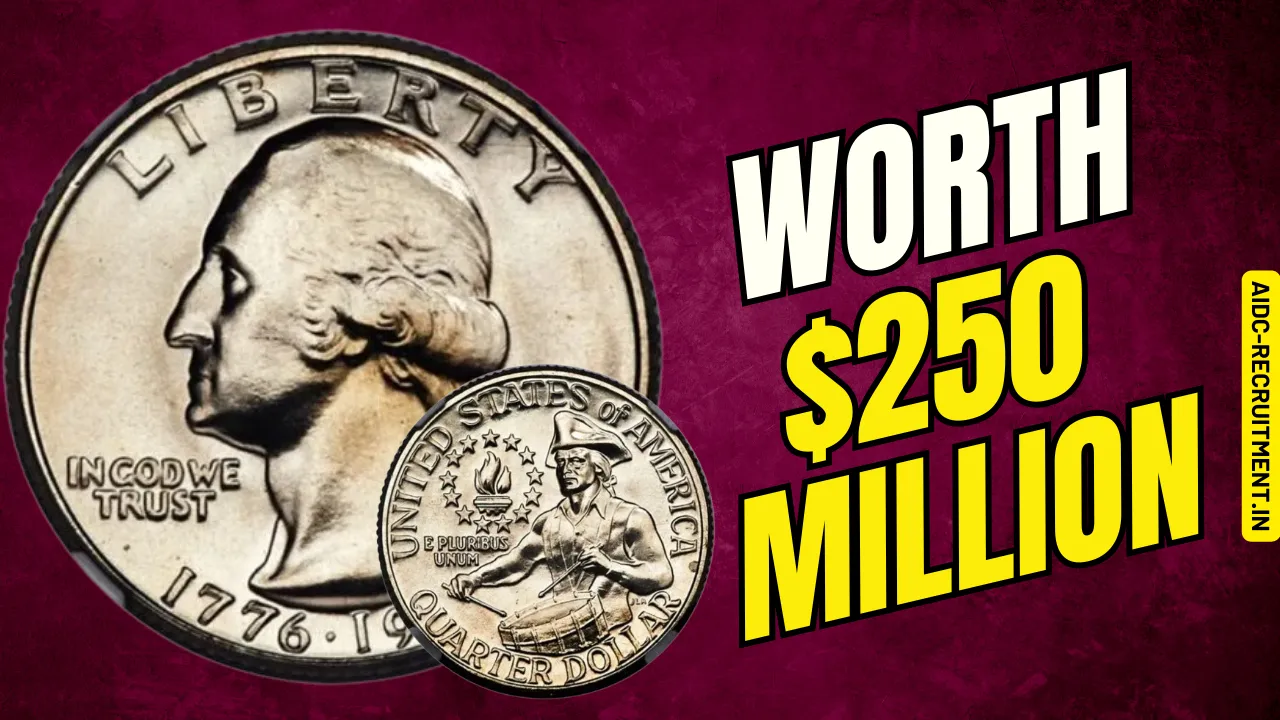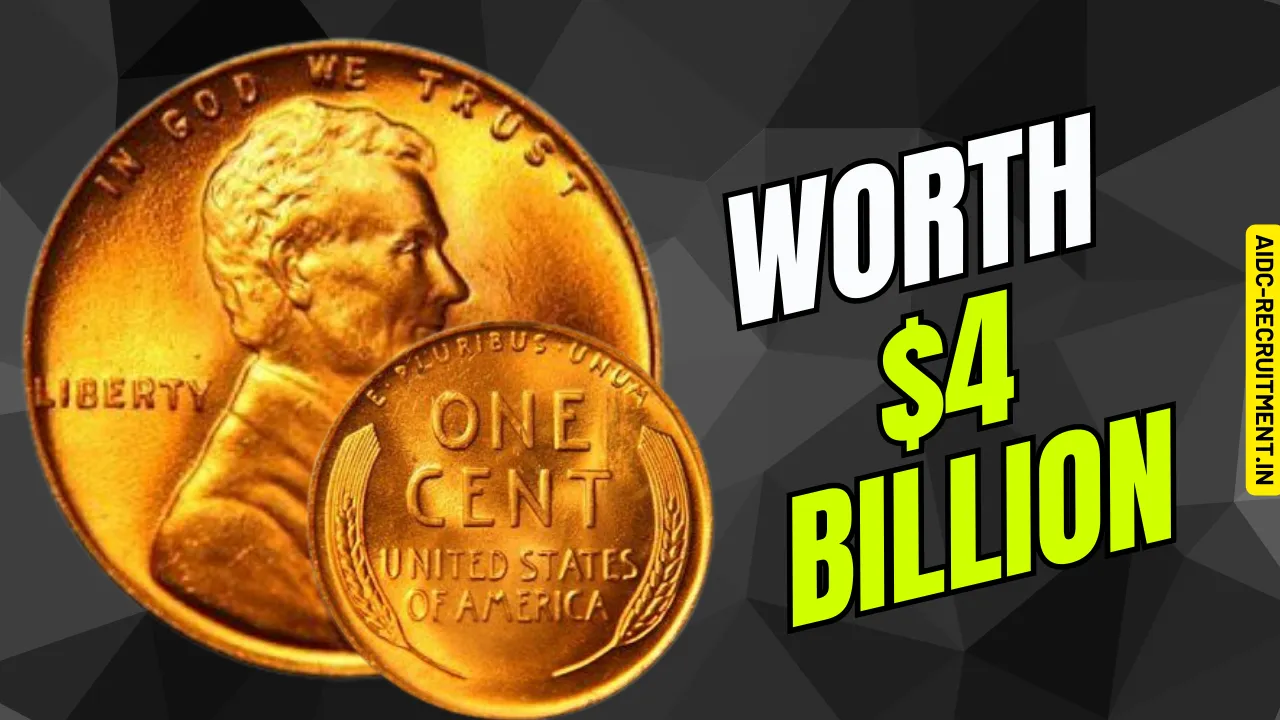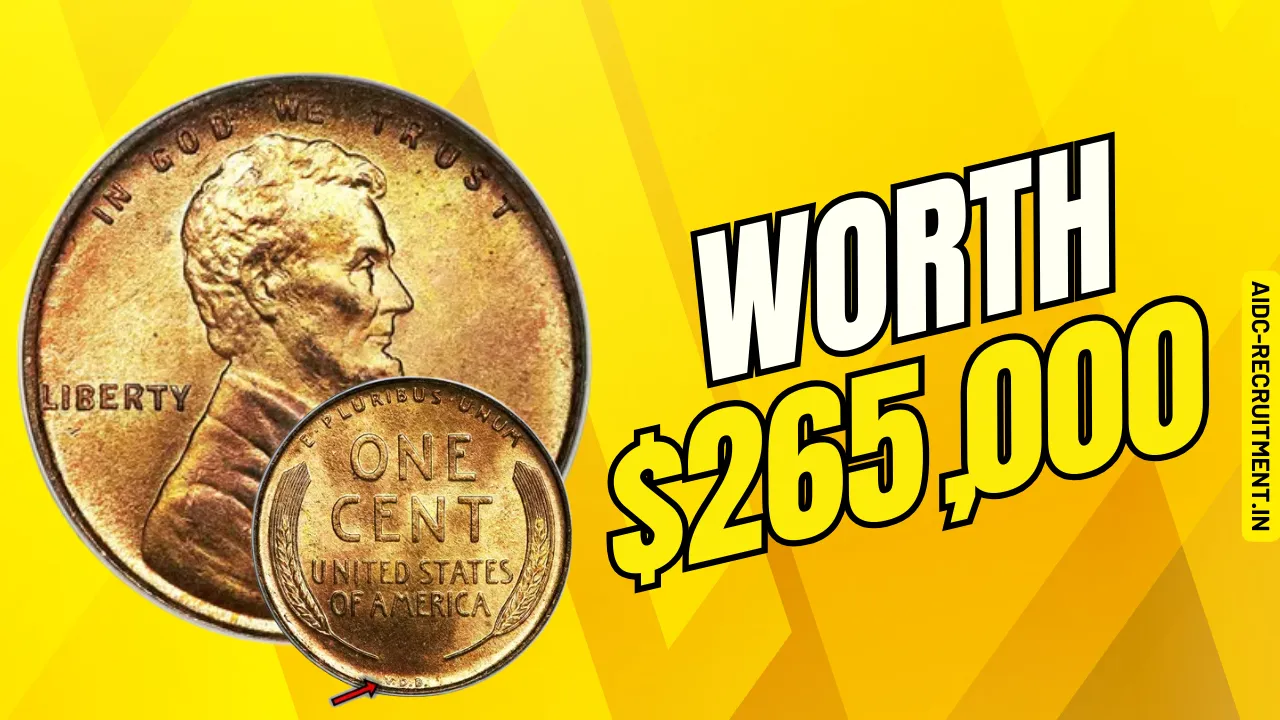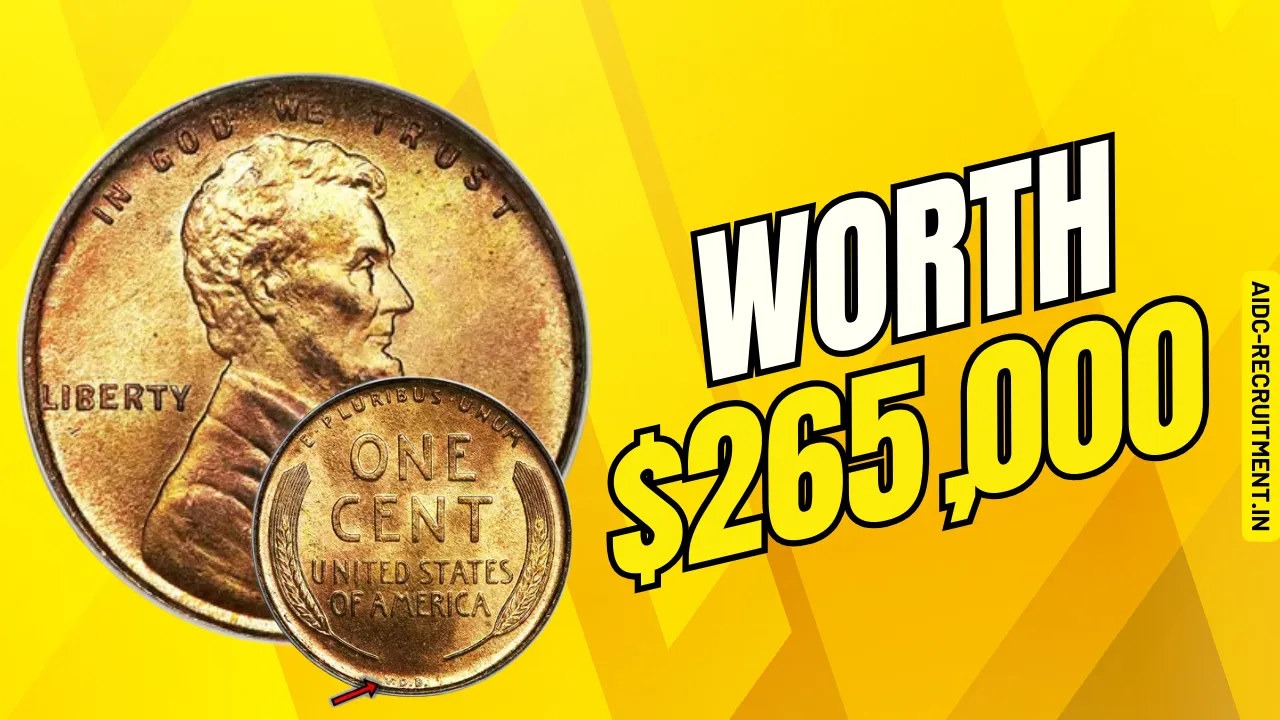DWP Cost of Living Payments: The DWP Cost of Living Payments 2025 are set to bring much-needed financial relief to millions of UK households. Announced by the Department for Work and Pensions (DWP), these payments range from £301 to £500 and aim to support pensioners, low-income families, and individuals receiving specific benefits. As inflation and rising living expenses put additional pressure on household budgets, these payments are a vital measure to help families manage their financial burdens.
In this article, we will dive into the eligibility criteria, payment schedule, and practical steps to ensure you don’t miss out on this financial aid. We’ll also explore how these payments can make a difference in the lives of those who need them most.
Overview of the DWP Cost of Living Payments 2025
To provide a clear snapshot of the payments, here’s an overview:
| Details | Information |
| Payment Range | £301 to £500 |
| Target Groups | Pensioners, low-income families, individuals on benefits |
| Installments | Spring, Summer, and Autumn 2025 |
| Application Requirement | Payments are automatic for eligible individuals |
| Official Source | Department for Work and Pensions |
Understanding the Cost of Living Payments
The DWP Cost of Living Payments 2025 are part of a government initiative to address the increasing financial struggles caused by rising energy bills, food costs, and housing expenses. These payments are distributed in three phases throughout the year, ensuring households receive consistent support when they need it most.
Payment Phases
- Spring 2025: The first payment of £301 will be issued between March and May, reaching millions of households.
- Summer 2025: Additional payments of up to £200 will provide targeted support for disabled individuals and other vulnerable groups.
- Autumn 2025: A final top-up will bring the total to £500 for qualifying households.
This structured rollout helps families manage ongoing costs while adapting to seasonal changes and rising expenses.
Who Qualifies for the DWP Cost of Living Payments?
Eligibility for these payments depends on the benefits you receive during the qualifying period. The DWP aims to ensure the payments reach those who face the greatest financial challenges.
Benefits That Qualify
To be eligible, you must be receiving at least one of the following benefits:
- Universal Credit
- Pension Credit
- Income Support
- Income-based Jobseeker’s Allowance (JSA)
- Income-related Employment and Support Allowance (ESA)
- Working Tax Credit or Child Tax Credit
- Housing Benefit
Additional Support Criteria
Certain households may qualify for higher payments under specific circumstances:
- Disability Benefits: Recipients of Personal Independence Payment (PIP) or Attendance Allowance may receive additional funds.
- Health Needs: Households requiring extra heating due to medical conditions may be eligible for extra support.
- Carers: Those providing primary care for vulnerable individuals could see increased assistance.
How and When Payments Will Be Made
The payments are distributed in three installments, designed to provide financial stability throughout the year.
Payment Schedule
| Phase | Timeline | Amount |
| Spring | March-May 2025 | £301 |
| Summer | July-August 2025 | Up to £200 additional |
| Autumn | October-December 2025 | Final top-ups |
Automatic Deposits
For eligible individuals, the payments will be made automatically into the bank account linked to their benefits. This seamless process eliminates the need for applications or extra paperwork.
Pro Tip: Double-check that your bank details on file with the DWP are accurate and up-to-date to avoid any delays.
Why These Payments Are Essential
The DWP Cost of Living Payments 2025 are more than just financial assistance—they are a lifeline for households struggling to keep up with everyday expenses. With inflation affecting essentials like energy, food, and housing, these payments help families make ends meet.
Real-Life Impact
- Single Parents: A spring payment can help a single parent on Universal Credit pay for heating during colder months.
- Elderly Couples: Pensioners on fixed incomes can use the payments to cover rising costs of groceries and medications.
- Disabled Individuals: Those on disability benefits may use additional funds to manage higher energy bills caused by medical equipment.
These payments not only alleviate immediate financial strain but also provide a sense of security in uncertain economic times.
How to Ensure You Receive Your Payment
To avoid missing out on these vital payments, follow these simple steps:
1. Confirm Your Eligibility
Log into your Universal Credit or benefits account to verify your eligibility during the qualifying period.
2. Update Personal Information
Ensure your contact details, address, and bank account information are accurate in the DWP system.
3. Monitor Updates
Stay informed by regularly checking the DWP website or reputable news sources for announcements about payment timelines and requirements.
4. Explore Additional Help
Beyond the Cost of Living Payments, you may qualify for other support programs such as:
- Warm Home Discount Scheme: Offers discounts on energy bills.
- Household Support Fund: Provides grants for essential expenses like food and utilities.
Taking these steps ensures you receive your payment smoothly and opens the door to other helpful resources.
Frequently Asked Questions
Do I Need to Apply for the Payments?
No, the payments are automatic for those receiving qualifying benefits. However, keeping your information updated is essential to avoid delays.
What If I Don’t Receive a Payment?
If you believe you qualify but don’t receive a payment, contact the DWP helpline for assistance.
Can I Receive the Payment If I Am Employed?
Yes, as long as you meet the eligibility criteria by receiving benefits like Universal Credit or Working Tax Credit.
Are the Payments Taxable?
No, the payments are non-taxable and will not affect your benefit entitlements.
What Happens If My Circumstances Change?
Changes in your benefits or personal situation could affect your eligibility. Report these changes to the DWP immediately.
The Bigger Picture
The DWP Cost of Living Payments 2025 reflect the government’s commitment to easing the burden of rising living costs. By providing targeted support to those who need it most, these payments help foster financial stability across the UK.
With proper planning and awareness, you can maximize the benefits of this initiative. Whether you’re a pensioner, a low-income family, or someone with specific health needs, these payments are a valuable resource during challenging times.
Final Thoughts
The DWP Cost of Living Payments 2025 are an essential financial support measure for millions of UK households. Understanding your eligibility, staying informed, and taking proactive steps will ensure you receive this vital assistance.
If you found this guide helpful, share it with friends and family who might benefit from this information. Have questions or insights? Drop a comment below—we’d love to hear from you!
